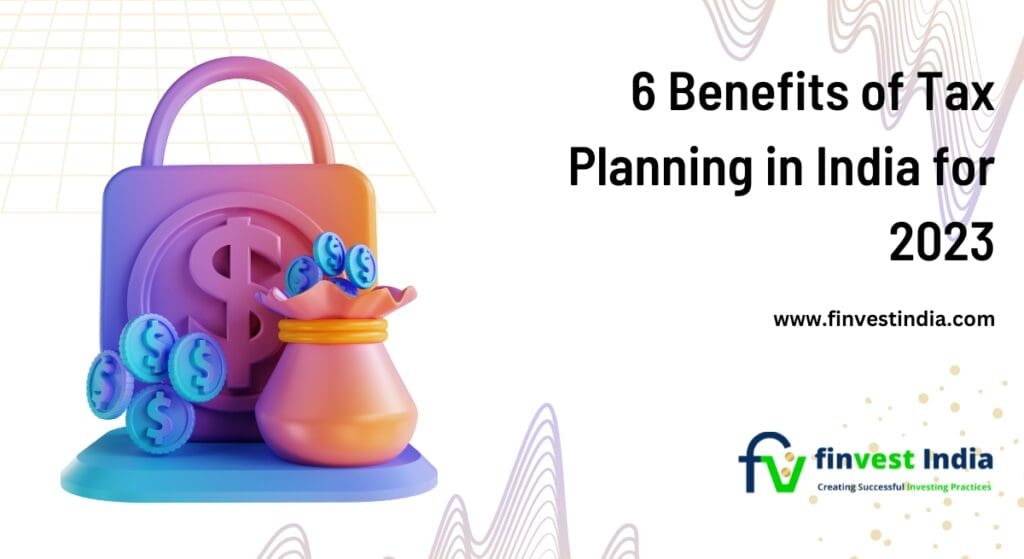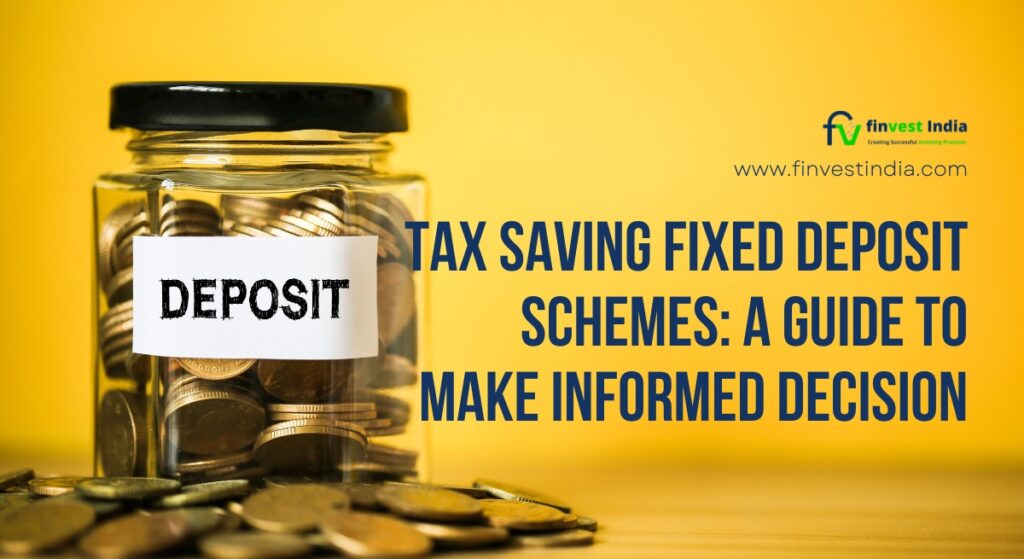Table of Contents
Introduction to Tax Planning
Taxes are an inevitability of life. Even living in the beautiful city of Bangalore, with its seemingly perfect weather and laid-back vibe, doesn’t exempt one from the clutches of tax obligations. However, as with most life challenges, the key is to face them head-on, and that’s where tax planning comes in.
Unfortunately, tackling taxes can be a daunting task, especially when one is not well-versed in the various types of taxes in Bangalore, such as direct and indirect taxes, Goods and Services Tax (GST), and property tax. But there’s good news; financial service providers can help navigate these tax complexities and provide tailored strategies that take into account specific financial needs and goals.
The importance of tax planning cannot be overstated, as proper planning can lead to significant savings, minimised liabilities, and improved financial stability. So, if you’re overwhelmed by taxes, consider seeking the services of a financial service provider to simplify the process and help you make sound financial decisions.
Types of Taxes in Bangalore to Navigate
To get started with Tax Planning in Bangalore, you’ve to understand the types of Taxes in Bangalore primarily.
1. Direct Taxes
Direct taxes are levied directly on the income or assets of an individual, such as income tax, wealth tax, and gift tax.
2. Indirect Taxes
Indirect taxes, on the other hand, are levied on goods and services and are included in their rice, such as VAT, excise duty, and service tax.
3. Goods & Service Tax (GST)
GST is a relatively new tax reform introduced by the government, which has replaced several other taxes such as VAT, service tax, and others. It is levied on the supply of goods or services and impacts businesses and individuals alike.
4. Property Tax
Property tax is yet another tax levied on a property’s value and is mandated by local authorities.
Navigating tax planning in Bangalore can be challenging, but understanding the different types of taxes and their implications can go a long way in helping you make informed financial decisions. So, be smart and stay up to date with the latest tax news and regulations!
4 Tax Planning Strategies for Bangalore Individuals

Now that we have a basic idea of tax planning, let’s dive deeper and look at some effective tax planning strategies that can significantly reduce your tax liabilities. Investing in tax-saving schemes is the most basic yet effective way to save on taxes.
1. Invest in Tax Saving Schemes
By investing in tax-saving schemes such as the Public Provident Fund (PPF), National Saving Certificate (NSC), and Equity-Linked Savings Scheme (ELSS), you not only save on taxes but also enjoy the benefits of compounding interest in the long term. So, the next time you evaluate your investment portfolio, make sure you have these tax-saving schemes in it.
2. Time Your Investments to Save Tax
Another key tax planning strategy is timing investments to lower taxes. By strategically investing before the end of the financial year, you can significantly lower your taxable income and enjoy higher deductions. For instance, investing in tax-saving mutual funds or infrastructure bonds before the 31st of March can help you earn higher returns while lowering your tax liabilities.
3. Claim Eligible Deductions & Exemptions
Claiming eligible deductions and exemptions is another effective tax strategy. By keeping track of expenses such as medical bills, home loans, and insurance premiums, you can claim various deductions under different sections of the Income Tax Act. This way, you can reduce your taxable income and save a considerable amount of money.
4. File Tax Returns Before Deadline
Lastly, filing tax returns on time is crucial for effective tax planning. By filing your returns before the deadline, you not only avoid penalties but also have enough time to re-evaluate your investment portfolio and make necessary changes to lower your tax liabilities. So, there you have it.
Remember, tax planning is all about making informed choices and working with financial service provider who can guide you through the process.
Hire Best Financial Service Provider to Plan Your Taxes!
3 Not-to-Ignore Mistakes You Should Avoid in Tax Planning

Let’s be real, tax planning is not everyone’s favourite topic. In fact, it’s probably the last thing on your mind and you’d rather do anything else but plan your taxes. However, avoiding tax planning can lead to some costly mistakes.
Some Common Mistakes to Avoid when Navigating Tax Planning in Bangalore
1. Don’t Wait Until Last Minute
Failing to plan ahead is probably the biggest mistake you could make. Waiting until the last minute can limit your options and leave you scrambling to make necessary changes in time. It’s important to plan ahead and give yourself enough time to make informed decisions.
2. Improper Tracking of Your Investments
Not keeping track of your investments is another mistake that can cost you. When you don’t keep track of your investments, you may miss out on deductions and tax benefits. Keep a record of all your investments so you can make the most of your tax benefits. Paying unnecessary penalties is a mistake you’ll want to avoid at all costs.
3. Failing to File Tax Returns
Make sure you file your tax returns on time and pay what you owe. Failure to do so will result in penalties and fines, which can add up quickly. Ignoring tax-saving schemes is a mistake that could cost you a lot of money in the long run.
Make sure you are aware of all the tax-saving schemes available to you and take advantage of them. Overall, navigating tax planning in Bangalore can be tough, but avoiding these common mistakes can save you a lot of money and headaches. Remember to plan ahead, keep track of your investments, pay your taxes on time, and take advantage of all the tax-saving schemes available to you. And if all else fails, there’s always the option to hire a financial service provider to guide you through the process.
Benefits of Working with Financial Service Provider
Financial Service Provider can Add More Value to your Tax Plan
Tax Planning is essential to minimize your liabilities and maximize your savings. That’s where financial service provider come in. With their expertise in tax laws and regulations, they can provide tailored tax planning strategies that work for your unique situation. Gone are the days of spending hours poring over tax forms and filing your returns late.
- With a financial service provider, you can efficiently file your tax returns and avoid unnecessary penalties.
- They can identify eligible deductions and exemptions that you may have overlooked, saving you even more money.
- They can help you achieve your long-term financial goals. By minimizing your tax liabilities, you free up more money to invest in your future.
- Whether you want to save for retirement, buy a home, or send your kids to college, a financial advisor can help you get there faster.
Of course, not all financial service provider are created equal. When choosing one, look for someone with qualifications and experience in the field, a reliable and reputable track record, and good communication skills. And don’t forget to ask about fees and charges before signing on the dotted line. So, if you’re tired of navigating tax planning on your own, consider working with a financial service provider. With their expertise & guidance, you can take control of your finances and maximize your savings for the future. Know more about Tax Planning Benefits.
How to Choose Right Financial Service Tax Planning?
When it comes to choosing the ideal financial Service Provider to help you navigate tax planning in Bangalore, there are several factors you need to consider.
1. Choose A Qualified Financial Service Provider
First, their qualifications and experience are crucial in determining their expertise in tax planning. A good provider should be well-versed in the constantly evolving tax laws and regulations.
2. Choose A Reliable Provider
Secondly, reliability and reputation are important considerations. A few questions you should ask yourself before choosing a Financial Service Provider –
- Can you trust them with your financial information?
- Are they accountable in case of any mistakes?
- Check for reviews and testimonials from other clients regarding their reputation.
3. An Advisor with Better Communication
Thirdly, compatibility and communication are essential in ensuring that you have a pleasant experience working with your advisor. They need to understand your specific needs and preferences to develop a tailored tax planning strategy that aligns with your goals.
4. Don’t Compromise Quality over Cost
Fees and charges differ across advisors, and it’s crucial to consider your budget. However, it’s equally important to ensure that you’re not compromising quality for cost. Choose your financial advisor wisely, and you’ll enjoy the benefits of efficient tax planning and maximized savings.
On Concluding...
Tax planning can be a daunting task for the uninitiated, but its importance cannot be overstated. To summarize, investing in tax-saving schemes, claiming eligible deductions and exemptions, and timely filing of returns are some effective strategies. Partnering with a financial service provider comes with added perks such as expertise in tax laws, tailored tax plans, and efficient filing. Remember, tax planning saves you money and a financial service provider helps maximize those savings. So, get cracking on your tax planning and maybe throw in some gratitude for your financial service provider while you’re at it.





